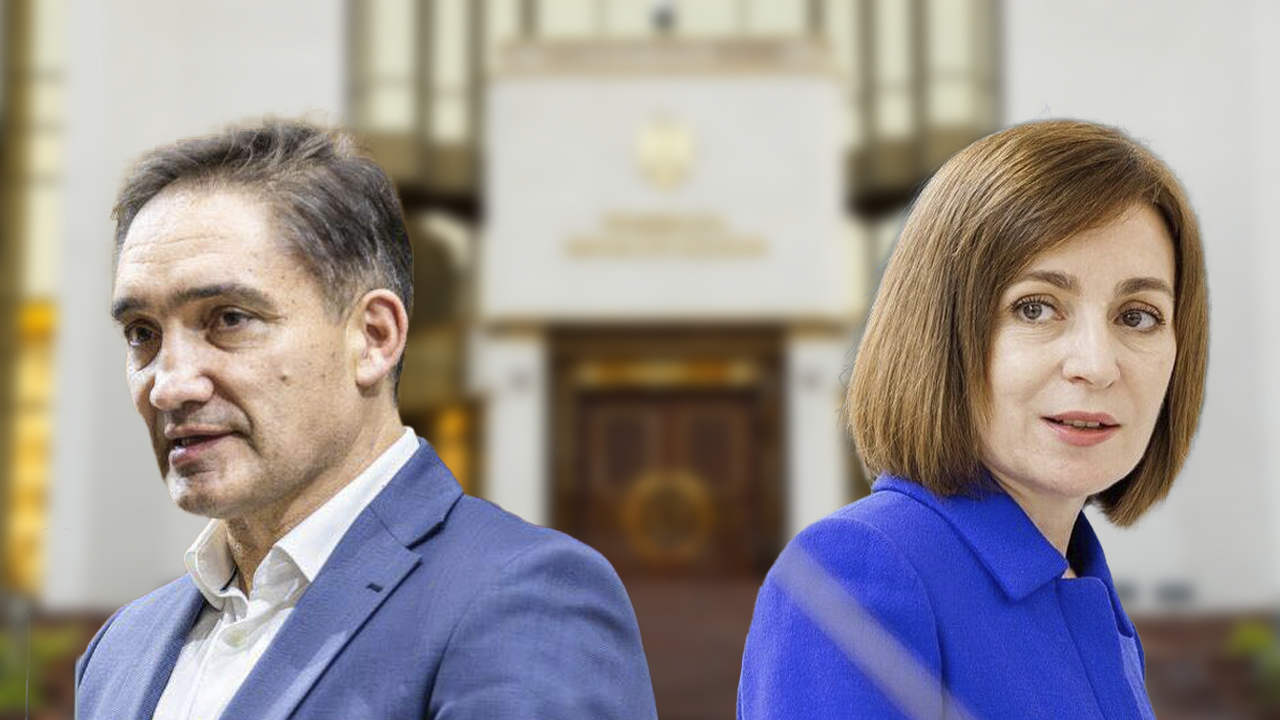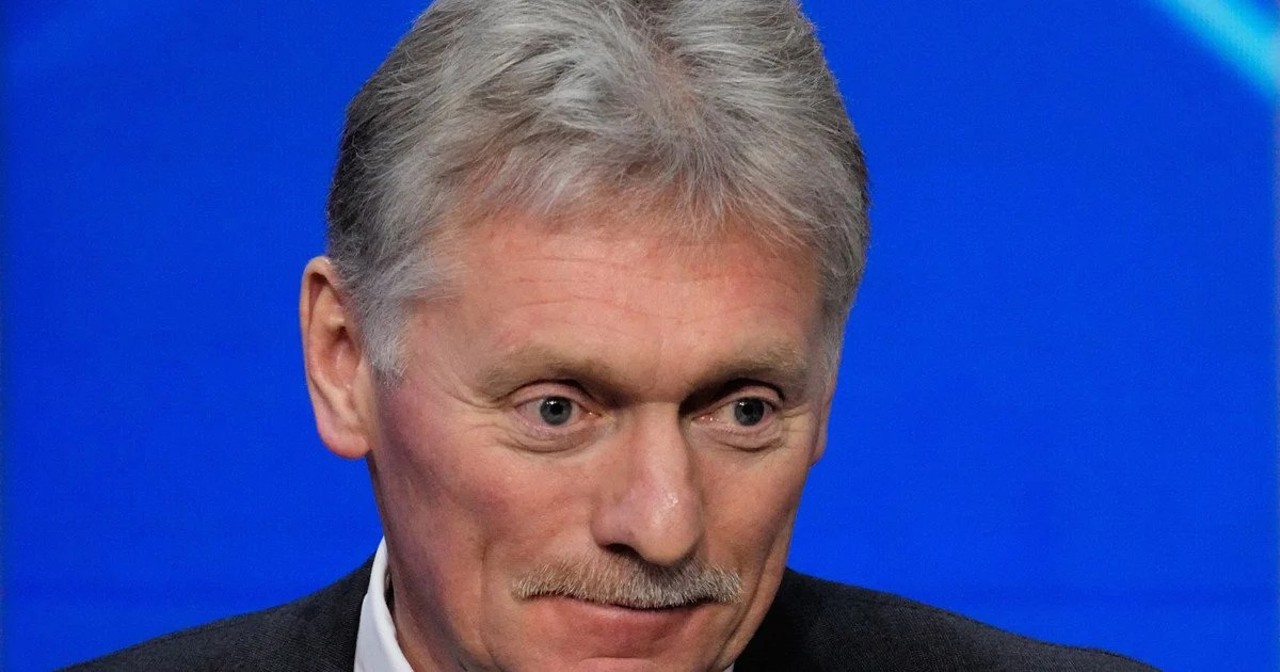Moldova's presidential elections: Sandu versus Stoianoglo
On Sunday, the second round of the presidential elections will occur in the Republic of Moldova, representing a decisive confrontation between Maia Sandu, the current president and advocate for European integration, and Alexandr Stoianoglo, the former prosecutor general who promotes neutrality and balanced relations with major powers. Their electoral programs differ in terms of distinct approaches to foreign policy, social and economic reforms, the resolution of the Transnistrian conflict, and national security.

From the candidates' electoral platforms
Former prosecutor general Alexandr Stoianoglo advocates for international recognition of Moldova's neutrality and emphasizes the necessity of protecting the country's sovereignty while developing balanced relations with all regional powers, including the EU, the USA, and China. He asserts that accession to the EU is achievable if sustainable peace, interethnic tolerance, and the rule of law are upheld.
Stoianoglo criticizes the “miserable” pensions and “humiliating” salaries, pledging to implement necessary reforms. He also supports the reform of the economy and agriculture, which are adversely affected by corruption and unfavorable conditions.
Stoianoglo views neutrality as the key to resolving the Transnistrian conflict. He proposes strengthening this neutrality and fostering interethnic dialogue to achieve sustainable peace and stability in the region.
Stoianoglo promises to uphold impartial justice, defending citizens' rights and combating political influence within the judicial system. His focus is on restoring stability and trust in state institutions.
Stoianoglo proposes that the Republic of Moldova become a pillar of regional security, relying on neutrality and constructive relations with neighboring countries and external partners, including the EU, Russia, the USA, and China.
Incumbent president Maia Sandu, an active proponent of European integration, underscores the necessity for democratic reforms and the fight against corruption to support Moldova's trajectory toward the European Union. She believes that the EU can play a pivotal role in the country’s economic development and political stability.
Sandu proposes increasing the minimum wage to 10,000 lei and the average salary to 25,000 lei by 2030. She advocates for a minimum pension of 3,300 lei for individuals with over 40 years of work experience.
Sandu champions a peaceful resolution to the conflict and the withdrawal of Russian troops, aiming for the reintegration of the Transnistrian region as part of the EU accession strategy.
Sandu proposes the continuation of the evaluation process for judges and prosecutors, the establishment of an anti-corruption court, and the recovery of illicit assets, emphasizing the commitment to combat high-level corruption.
Sandu promotes a comprehensive security approach that encompasses economic, energy, and cyber dimensions, along with strengthening national defense and the withdrawal of foreign troops from Transnistria, in preparation for EU accession.





